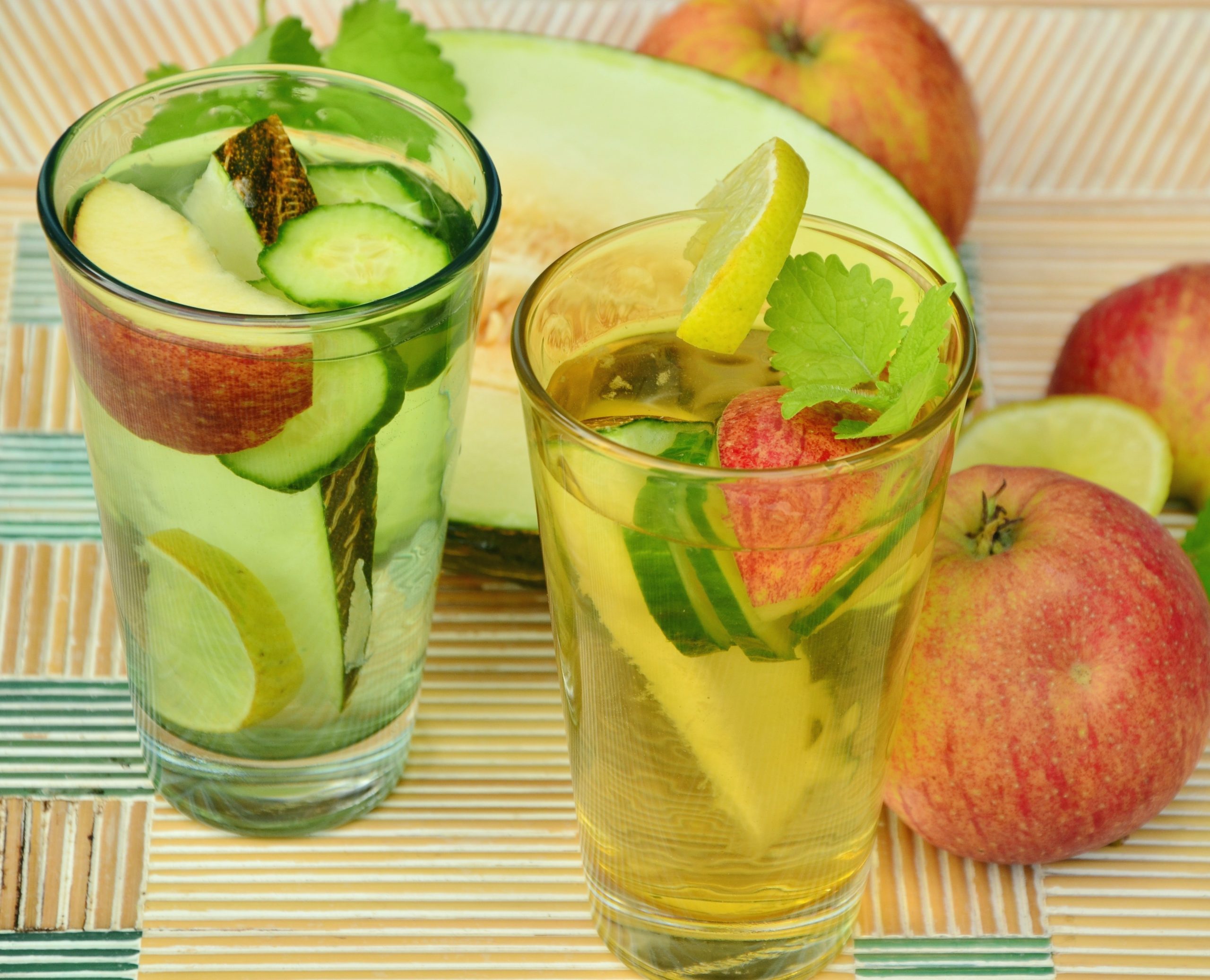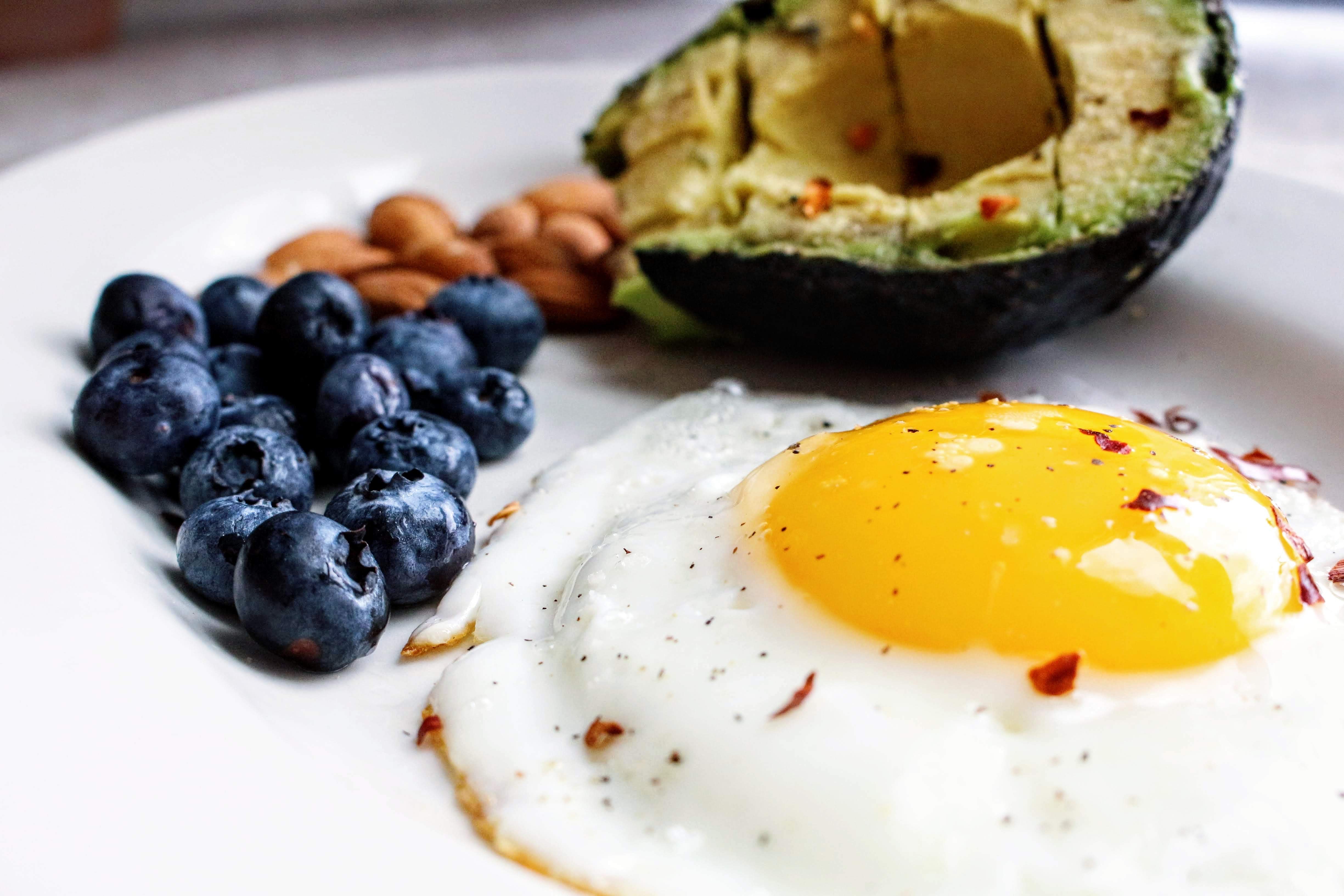
Detoxing is a popular topic with detox drinks, foods, and supplements being found in almost every health food store, but how important is it? Detoxing is actually very important, but many people don’t know when or how they should detox. We encounter hundreds to thousands of different chemicals every day in our air, food, water, beauty products, and workplaces, and helping your body rid itself of those chemicals can make a big difference.
Toxic Burden
Toxic burden refers to the amount of toxins your body is currently dealing with, and everyone’s burden is different. Certain professions that expose you to chemicals – like welding and cosmetology – can increase your toxic burden, as well as the kinds of beauty and cleaning products you use, the water you drink, and the food you eat. Decreasing your toxic burden can make a big difference in your overall health and the way you feel. Start by eating only organic produce to reduce pesticide consumption, and switching to all natural products whenever possible. Switch to natural makeup, soap, and cleaning products by making some things yourself with natural ingredients, and/or buying from a company that’s committed to non-toxic products. Decreasing your toxic burden can benefit your entire body, but it can especially ease the burden on your liver.
Liver Function
The liver plays a role in over 500 critical functions in the body. One of its main functions is to filter the blood and rid it of drugs, alcohol, and other toxins. Keeping your liver healthy and functioning at optimal levels is critical for proper detoxification, but many people have a sluggish liver and most don’t realize it. A sluggish liver usually doesn’t have noticeable symptoms until liver function becomes severely impaired, this is why routine blood work is important because it allows you to see your liver enzyme levels which can show a sluggish liver before symptoms become apparent.
Detoxing
Detoxing is very important, but it needs to be done the right way so you can reap the most benefits. People often need to fix deficiencies like anemia before beginning a detox. You should also take some time to increase your nutrient intake through vitamin and mineral supplements, and organic whole foods before attempting a detox. You want your body to be nourished and strong enough to effectively handle it, especially if it’s an intensive detox protocol.
Most detox protocols usually last from a few days to a few weeks, but some people view it as a way of life. They eat detoxifying foods every day, and may take supplements designed for a mild detox daily. In general, you should complete one to three detoxes per year, with some people needing more or less. Someone who is exposed to more chemicals than the average person may need more per year, or may do better with a mild daily detox. Regardless of the detox you choose to do, you should eat plenty of organic produce, and good quality meats and fats every day.
How to Know You Need to Detox
Fortunately there are some easy ways to know if you need to detox. The most common signs that you need to detox include:
Fatigue and Brain Fog: Low physical and mental energy means something isn’t right. It may be something simple like sleep deprivation, or it could be a sluggish liver. Try getting more sleep and if the problem doesn’t improve, then a detox may improve your energy levels.
Allergies and Digestive Issues: Leaky Gut Syndrome is very common and often overlooked, but it can contribute to the development of several health issues including allergies and autoimmune disorders. If you have frequent heartburn, diarrhea, constipation, bloating, gas, or food or seasonal allergies, you should look into a detox protocol that focuses on gut health.
Hormonal Issues and Stress: The liver plays a critical role in hormone regulation by producing certain hormones, and binding up excess estrogen for excretion. When the liver is not functioning properly, these functions may be reduced, leading to hormonal imbalances and elevated stress levels.
Anxiety, Depression, and Insomnia: Mood disorders are often due to a hormonal imbalance, a gut microbiome imbalance, vitamin and mineral deficiencies, and/or a high toxic burden. Detoxing may help some of these issues by reducing the toxic burden and helping to balance hormones.
Supplements
There are some supplements you can take to help your body detox, especially your liver. We listed the supplements designed for liver detoxification because the liver is so important and almost always needs to be detoxed.
PhytoCore – Contains dandelion root extract, milk thistle seed extract, and other ingredients that may increase the liver’s ability to detoxify. These ingredients work together to aid the liver during Phase 1 and Phase 2 detoxification.
Core Support – Powder designed to help the liver with Phase 2 detoxification. It contains magnesium, rice protein, taurine, l-glutamine, green tea leaf extract, and many other ingredients that may help heal the gut, and help the liver detoxify. Available in French Vanilla or Chocolate.
Detoxing may help you achieve your health goals, but you should listen to your body. Do not do more than your body can handle, and give your body time to get the nutrients it needs to handle a detox. You should also eat only organic produce, and switch to all-natural products whenever possible. Change is possible, but it’s up to you!

